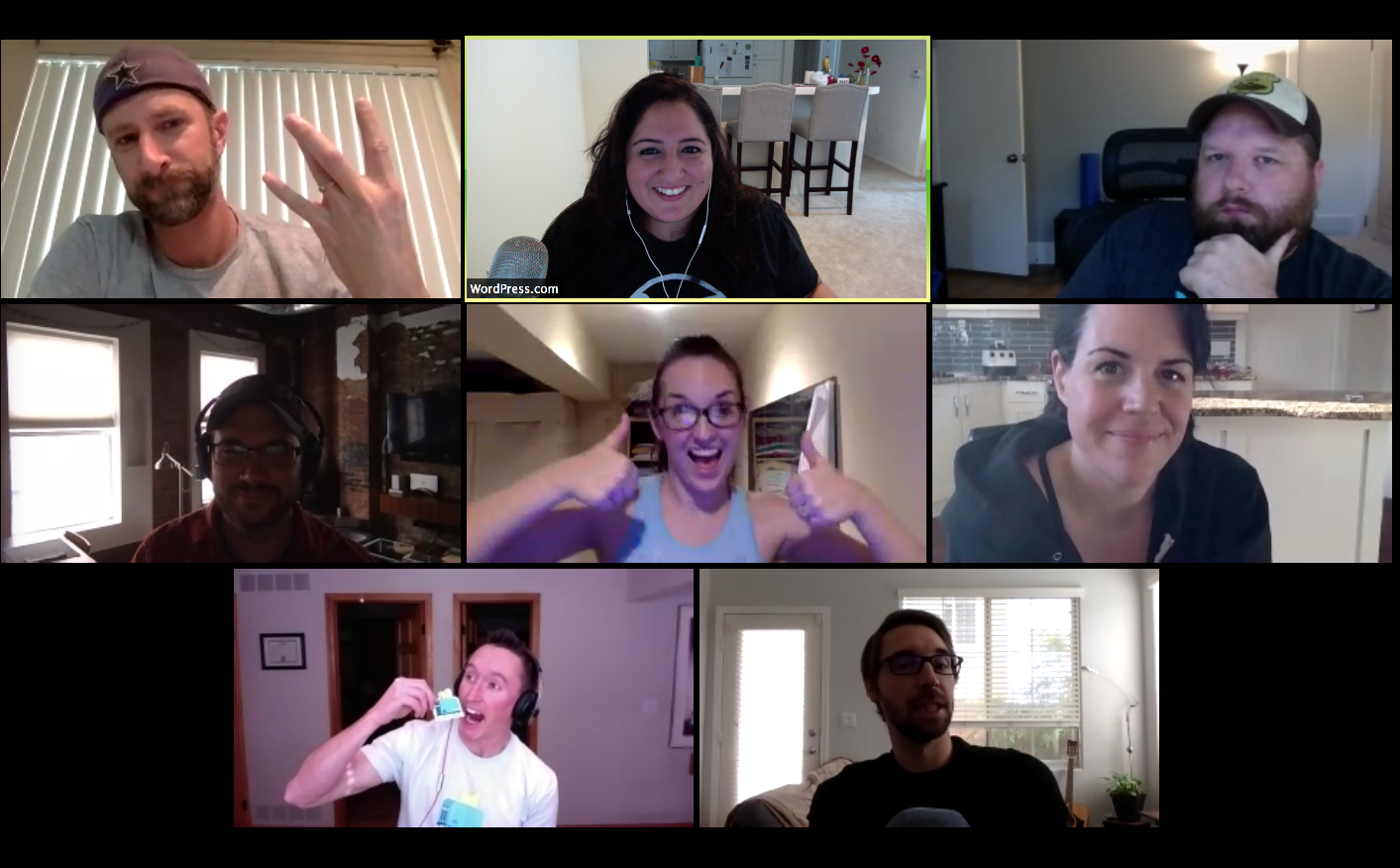This post is the third in a series of resources dedicated to providing a potential road-map through the current COVID-19 crisis for your parish. We’ll be sharing with you what we’re doing, what’s working, and what isn’t. But honestly, we’re making it up as we go along, just like you. As always, our only credential is that, like you, we’re in the trenches figuring it out in real-time.
- For Week 0 – “Our Debate About Online Church” click here
- For Week 1 – “Set Priorities” click here
- For Week 2 – “Communication” click here
One of the most pressing realities of this season is that of loss. Loss of jobs, loss of income, loss of senior send-offs and spring rituals. This coming week the Christian community will “lose” Holy Week and Easter, at least in the usual sense. But one of the most consequential yet underreported losses of this time of isolation is the loss of community. In fact, it is quite telling that we use the term “social” distancing rather than just physical distancing.
Thanks to modern live-stream technology, the experience of watching and participating in weekend Mass or church services has been essentially uninterrupted for many Christians in this country. But what cannot be replicated quite that easily is the inevitable community we enjoy by attending church in-person. We are made for community. Even the most intrenched introverts need social outlets to grow and flourish emotionally, and that is also true of our faith.
That is why at Nativity we have promoted Small Groups for a number of years now. Small Groups can be a catalyst for parish vibrancy. They can magnify the impact of the weekend homily, focus parish communication, foster social bonds, and grow the faith of your parishioners. But even more importantly, we like to say groups are our delivery system for pastoral care and schools for discipleship. All that, and they don’t necessarily cost the parish anything.
Here are some dos and don’ts when setting up online small groups:
Don’t – Allow your groups to become Bible studies, theology classes, therapy sessions, or gossip circles.
Do – Design your groups around life application aiming at life change.
Small groups are not meant to be just another parish program. Small groups pray together, but they aren’t prayer groups. Small groups are a place to study Scripture, but they aren’t Bible studies. Small group members support each other, but they aren’t support groups, they are a place where people support one another as they grow as disciples.
If you are having trouble attracting people to your small group program, it is likely because they misunderstand what it is. They don’t want another program on their schedule, they’re not interested in adult education. Besides, they don’t know how to pray and they’ve never read the Bible so they don’t feel like they “qualify.” Focus your messaging of small groups on the life application. Can you talk about life with a group? Then you’re qualified for small groups.
Don’t – Let groups become “silos.”
Do – Get everyone on the same page, moving in the same direction.
Your parish might actually already have a lot of ‘small groups,’ in that you have a number of small groups of people who come together for a common purpose: St. Vincent de Paul, the Ladies Sodality, the Knights of Columbus. Great groups but not necessarily focused on the mission of the parish and probably operating in complete isolation from one another.
Small groups are not meant to operate as isolated silos. They are meant to be the parish in miniature – groups of individuals growing in faith together.
We say that we don’t want to be a church that does small groups, we want to be a church of small groups. At our parish, the ‘content’ that small groups discuss comes directly from themes of the weekend homily. This way, everyone is on the same page. Our kids and student programs also work from a small group format adapted to age-appropriate themes. This powerfully unites the parish in one message and can get people moving in one direction.
Don’t – Let groups stagnate.
Do – Cultivate groups over time.
Small groups aren’t something that you simply start. They require care and attention. Members and leaders need to be recruited, groups will change and grow, multiply, or twin. Meanwhile, they all need attention and encouragement. If this sounds like a lot to take on, it can be, especially at first. Begin with a steering committee or leadership team so the work doesn’t fall to one person and become unsustainable. In the long run, a healthy small group program will save parish staff time.
This period of quarantine is the perfect time to launch small groups at your parish if you’ve been looking for an opportunity to do that. And if you have struggled to get a small group program up and running in the past, I think you’ll find it an easier sell these days. People are looking for connection now more than ever and they have more time than ever. If your parishioners have a positive experience of groups now it should be easy to keep them going following the quarantine.


